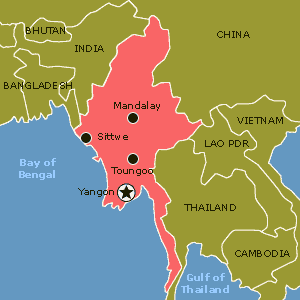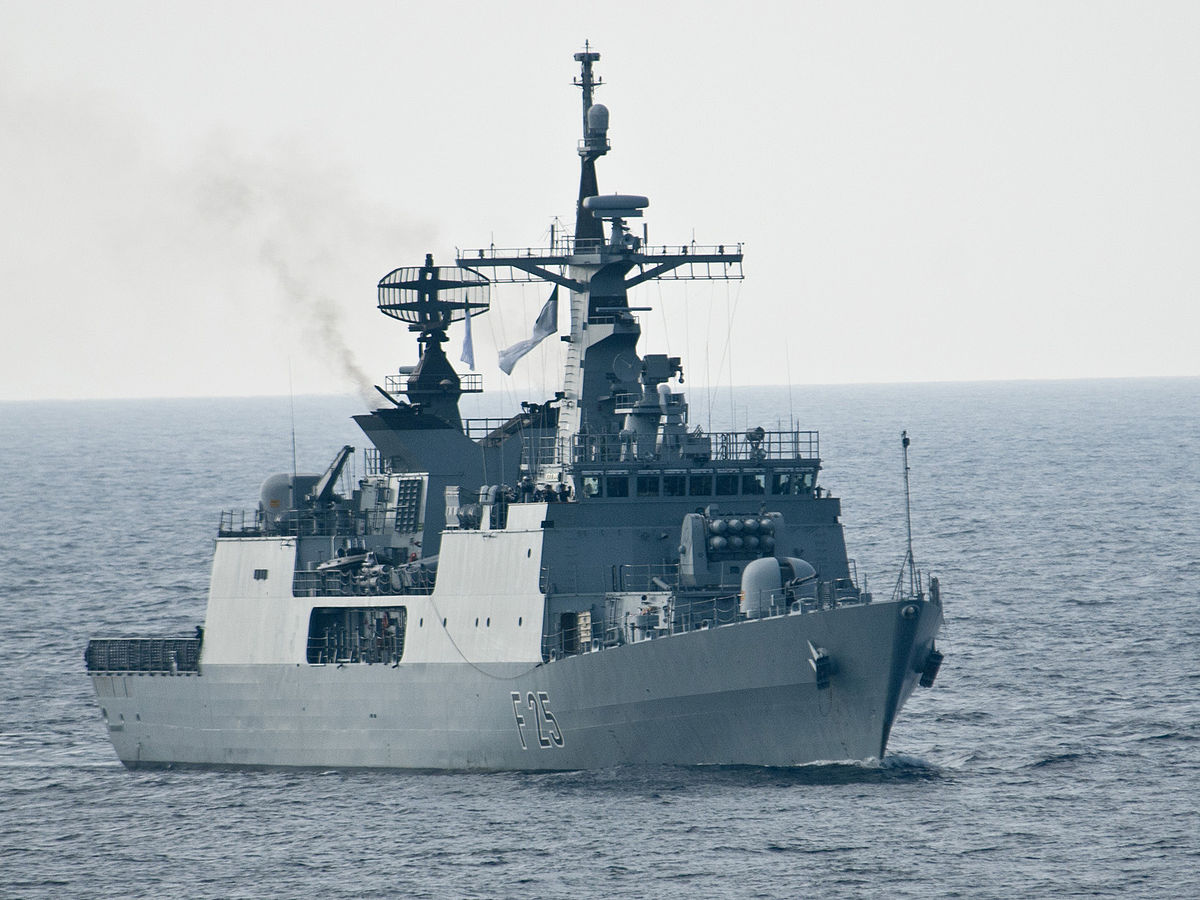By: Ben Hartley
New leadership in Pyongyang invariably changes the strategic calculus of China and the US on the Korean Peninsula. The appointment of Kim Jong-un as Supreme Commander of the Korean People’s Army is an important indication of the legitimacy of Jong-un, and points to the ruling military cadre’s interest in maintaining internal stability. But many North Korea observers believe that while internal power struggles play an important role in the formulation of North Korean foreign policy, it will ultimately be the changing balance of power in the international system that determines Pyongyang’s path. In this context, the interplay between the US (positioning itself as an Asia-Pacific power) and China (the chief patron of North Korea) will be instrumental in maintaining peace and stability in the Korean Peninsula.
China, for its part, favours the status quo in North Korea over the implications of a destabilized regime. Given that any volatility in North Korea would likely result in greater economic dependence on the People’s Republic, a stable and predictable control structure in Pyongyang maintains the Chinese Communist Party’s twin goals of regional security and internal prosperity. The fall of the Kim dynasty or a general loss of faith in governing institutions could trigger the migration of millions of North Koreans over the Yalu River and into Manchuria, threatening the economic development of the region. A tightening of relations between Beijing and Pyongyang could therefore be interpreted as a sign of China’s decreasing confidence in the young Kim’s ability to maintain control.

What remains to be seen however, is how Chinese regional interests will express themselves with respect to cooperation with the United States and their staunch ally in South Korea. As the head of the military, the young Jong-un now holds the trigger to an estimated 7-10 nuclear weapons and the US remains the sworn enemy of the regime. Brinksmanship on the part of new leader therefore has the capacity to drag the US and China in to conflict and force Russia and Japan to pick sides in a military engagement that would have devastating long-term strategic and humanitarian consequences. With estimations that it would require upwards of 300,000 troops to secure North Korea and all of Pyongyang’s nuclear weapons, it is unlikely the US could commit to an operation that size, nor would China tolerate a long term American military presence so close to its border.
With the nightmare scenario dispensed with, the consequences of the North Korean succession will still have major implications for the geopolitical and economic competition currently playing out in the Pacific. In the context of an American “strategic pivot” towards Asia-Pacific, complications arising from the succession could deepen economic conflicts between China and regional states that see a greater benefit to allying with the United States.

This past fall, the United States made a series of diplomatic gestures that suggest a containment policy towards the rise of China, which threatens cooperation between the two states. Despite recent defense cuts in Washington, the Obama administration made clear they would not downgrade forces in the Asia-Pacific region. On a recent trip to Australia, President Obama announced that the US would open a new naval base in the northern port city of Darwin which could host up to 2 500 Marines. Moreover, the US has assertively engaged with regional partners over the proposal of a Trans-Pacific Partnership on trade, the goal of regional economic expansion allegedly coming at the expense of Chinese markets. Indeed China was notably absent from negotiations on the proposal, which included cooperation on US-China sticking points such as regional currency regimes and labour markets. This type of cooperation with regional allies suggests that the United States is engaged in bandwagon diplomacy—providing an impetus among Asia-Pacific states for closer cooperation with the US over China. It is a corollary of a containment strategy intended to prevent a hostile power from expanding its influence.
Because both Beijing and Washington have an interest in stability in the Korean Peninsula, regional economic competition provides important context to the nature of potential US–Sino security cooperation in the event of a collapse in Pyongyang. It provides grounds to the theory that any instability in North Korea would trigger expressions of Chinese regional hegemony at the expense of US and South Korean security interests. The United States must therefore balance its emerging economic interests with the reality that the People’s Republic of China remains the lynchpin to the security of North Korea and its nuclear weapons.



